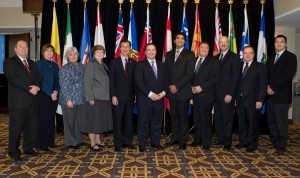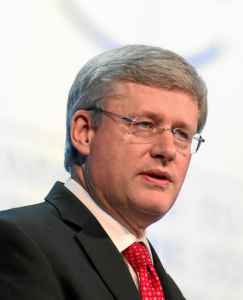
Canada could see more energy exports to the EU if it finalizes a free trade agreement with the economic block this week
Among the areas where differences still exist between the parties are agriculture market access, intellectual property standards relating to the pharmaceutical industry, procurement at the provincial and municipal-government level, and investor protection through arbitration rules.
Canada-EU trade amounts to $67 billion a year, with Canada chiefly exporting natural-resource intensive industrial goods like steel, manufactured goods like machinery and transport equipment, chemical products, and energy products to the EU, and the EU exporting a similar mix, with less energy and more machinery and transport equipment, to Canada.
Both economic blocks stand to gain from an increase in bilateral trade due to returns to scale. A joint-study in 2008 projects a $14.9 billion gain in annual income for the EU and a $10.5 billion annual gain for Canada from a FTA.
Canada currently has FTAs with fourteen countries and has an economy that is heavily reliant on external trade.









